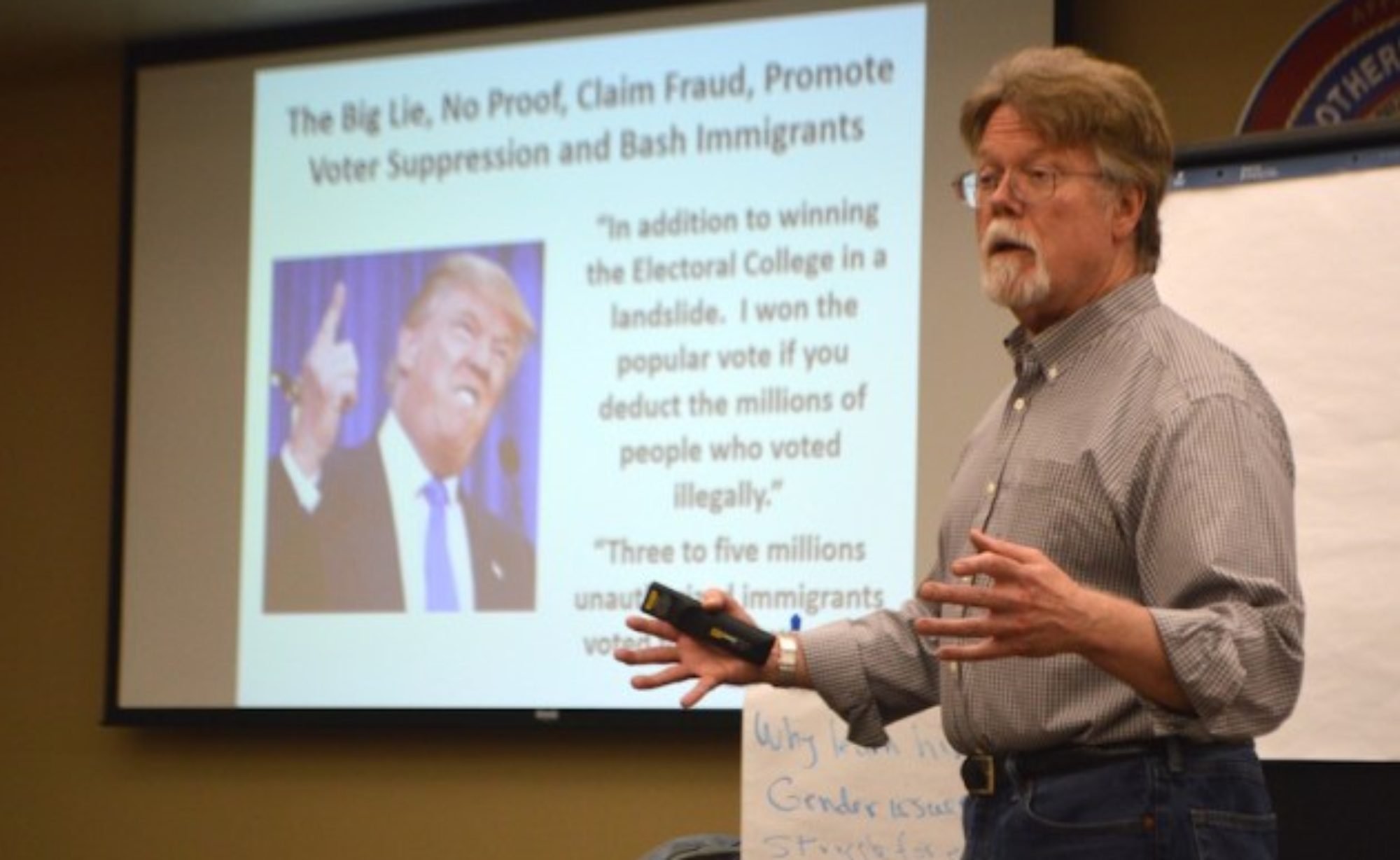This article was originally published for The Retiree Advocate at psara.org on June 5, 2012.
The 50 years from the 1880s to the early 1930s saw extraordinary changes in American life. Rapid urbanization, massive immigration and the decades-long “Great Migration” of millions of African-Americans from the South to northern cities created teeming cities. Rapid industrialization coupled with the world’s largest railroad network made us the leading industrial power in the world. Technological innovations such as the telephone, motion pictures, electrification of factories, cities and homes, automobiles, and the radio revolutionized how many people lived and their views of the future.
Amidst the great changes, the country seethed with discontent as powerful corporations and spectacularly wealthy people amassed unimagined wealth. At the same time, millions of workers and farmers performed grueling work and lived in chronic fear of hard times. Peoples’ standards of living were rising and yet massive poverty remained. Multiple financial panics, depressions and recessions periodically threw millions into abject poverty, insecurity and misery amidst the greatest wealth the world had ever seen.
Throughout these decades, the people struggled mightily to limit the power of corporations, the wealthy and their political allies in the Republican and Democratic Parties. They wanted a more just system that shared the wealth fairly, provided greater security in hard economic times, expanded our democratic rights at work and in the larger community, created greater opportunity for education, and reduced work hours to allow more time for family and community life.
In very human terms, people wanted an adequate income when they were unemployed, unable to work or too old to work.We wanted their families were adequately fed, clothed and housed. They wanted an end of abusive child labor and free compulsory quality education for their children. They wanted a more secure, just and hopeful future free from fear of want and deprivation in the land of plenty. They wanted the right to organize unions, rights and dignity on the job, and safe and healthy workplaces. They wanted a greater voice in political and economic life.
The demands for economic justice were largely thwarted for decades as Corporate America dominated economic and political life throughout most of the period. Frustrated by the two major political parties’ unwillingness to address their great grievances, many people turned to new third parties – Greenbacks, Populists, Socialists, Progressives, and Communists and other organizations advocated broad changes. They were looking for broad alternatives needed to change a system that simultaneously produced enormous wealth and perpetuated needless misery, exploitation and hardshipploitation and hardship.
At the same time, millions of workers struggled to organized unions and create a more democratic workplace in which they earned a fair wage in safe conditions. Lacking legal rights to form unions and massive repression from governments supporting corporations, organized labor remained weak despite widespread demands for worker justice.
The growing people’s demands for expanded economic and political justice and rights were severely undercut by deep divisions among the people. First and foremost, widespread racism and anti-immigrant hostility harmed millions and served the “divide and conquer” strategy of corporate America. Culture wars against women’s rights including the right to vote, prohibition, evolution and religious bigotry against Catholics and Jews deepened the splits among working people. Last but not least, government repression of radical organizations, and unions deepened these divisions. All of these divisions served the interests of corporate America and not the people.
Despite corporate domination and deep divisions among the people, significant people’s victories were achieved. Federal constitutional amendments for direct election of senators, a progressive personal income tax, and women’s right to vote were won. Banning corporate campaign contributions was a first step in weakening the corporate stranglehold on national elections. Many state worker compensation and child labor laws were won and free compulsory education spread across many states although racism denied millions of black children equal quality education.
At the end of the 1920s, corporate America and their political allies seemed firmly in control. Their world view that largely unregulated free enterprise without interference from government, unions or other political movements was best for the people was deeply entrenched in American life. The people were told that an economic and social safety net was not needed. The future was bright. To quote President Herbert Hoover in early 1929: “We in America today are nearer to the final triumph over poverty than ever before in the history of any land.”
Six months later, the stock market collapsed and the Great Depression began. The people would suffer immensely and would reap the whirlwind of their inability to overcome their deep differences and win their demands for economic and political justice. It was a truly dark period yet the seeds of fifty years of fighting for justice were growing in harsh soil and conditions.
